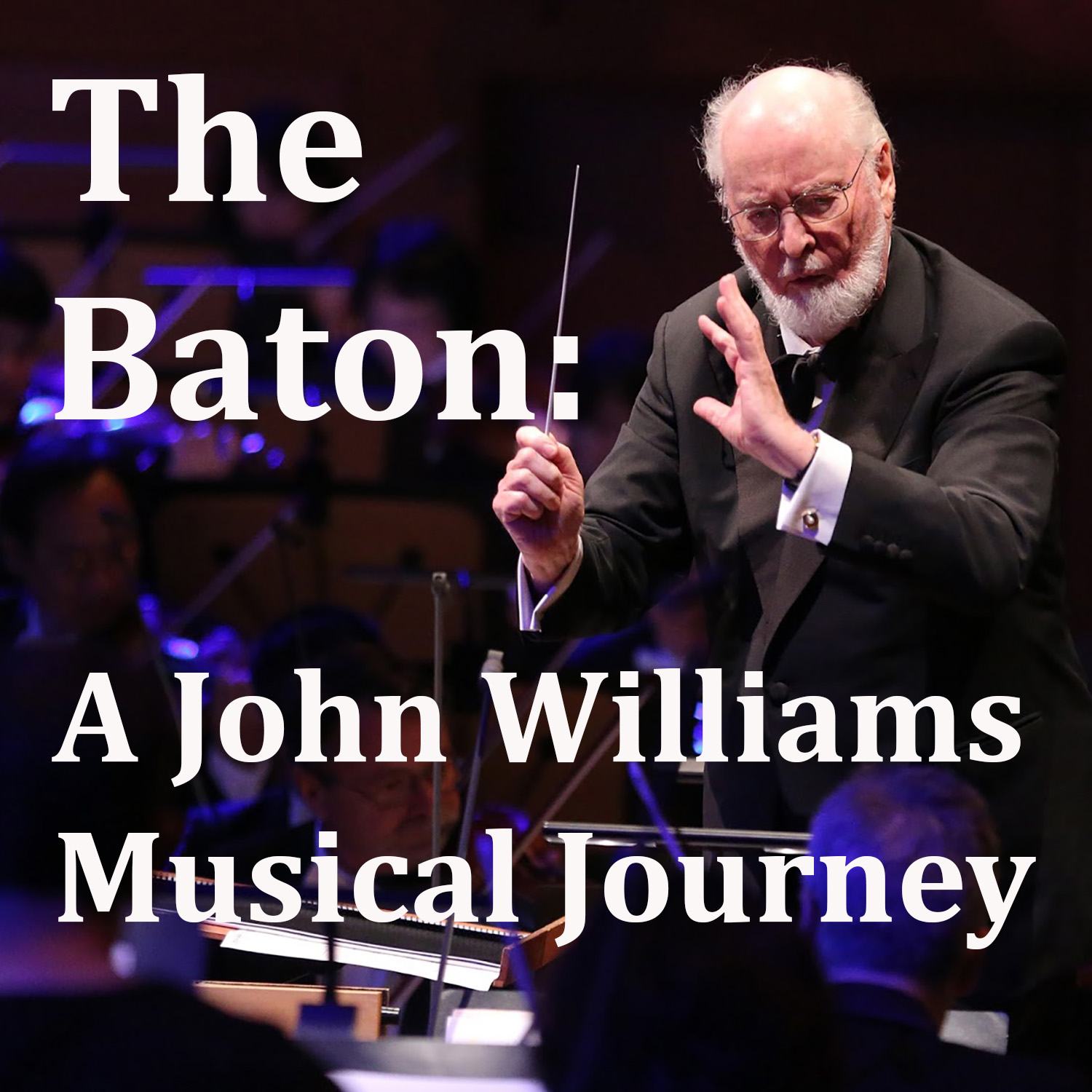Episodes
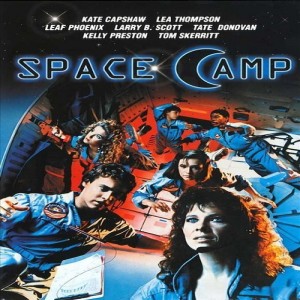
Wednesday Jan 29, 2020
Episode 61 - SpaceCamp
Wednesday Jan 29, 2020
Wednesday Jan 29, 2020
The 1986 film "SpaceCamp" was a product of bad timing. Two months before its scheduled release, the real-life Challenger shuttle exploded, putting the future of the film in jeopardy. The producers decided to dump the film into theaters that summer, and didn't turn a profit. Host Jeff Commings and co-host Brian Thompson differ on their thoughts about the performance of the film had the Challenger explosion not happened, but agree that John Williams' score has bright points to heighten the film's exploits. Williams doesn't write a theme for any of the characters, but does compose a lovely main theme that helps elevate the feeling of the mystery of outer space, as well as a lovely melody that Thompson labels the weightlessness theme. There isn't much music in the film, and Williams doesn't unleash his signature power in the brass section during the big action scenes. The score comes after Williams' first-ever yearlong break from writing music for movies, but doesn't show any signs of stumbling. Strap in for a fun discussion of one of John Williams' hidden gems!
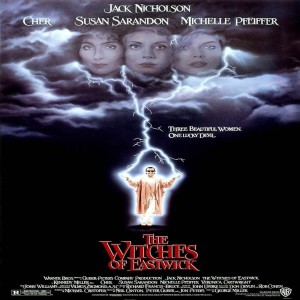
Wednesday Feb 05, 2020
Episode 62 - The Witches of Eastwick
Wednesday Feb 05, 2020
Wednesday Feb 05, 2020
After missing out on the opportunity to have John Williams score "The Color Purple," Jon Peters and Peter Guber made sure to get the Maestro for "The Witches of Eastwick," which the two produced. Host Jeff Commings notes this as his fourth-favorite John Williams score because the fun can be heard in every note. Commings is joined by Gianmaria Caschetto, who returns as co-host to talk about the structure of the theme for the three titular witches. The two also talk about the brilliant music for the tennis game and the decision to leave out Williams' original music for the ballroom scene. Grab a bowl of cherries and settle in for this fun discussion of Williams' Oscar-nominated score!
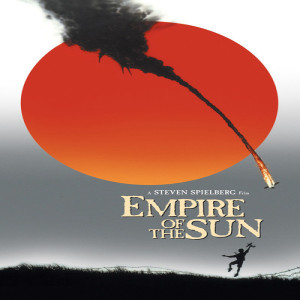
Saturday Feb 08, 2020
Episode 63 - Empire of the Sun
Saturday Feb 08, 2020
Saturday Feb 08, 2020
The 1987 war film "Empire of the Sun" was Spielberg's attempt to make another "grown-up" film after his success with "The Color Purple." In a sense, Spielberg retained his youthful vision with a teenage Christian Bale taking the lead in the story, but worked to keep the heavy drama intact. His unsteadiness with the direction spilled over into the final product of John Williams' score, as the music is heavily edited and doesn't show up for large portions of the film. Host Jeff Commings details the possible reasons why, and examines the two choral works that frame the film.
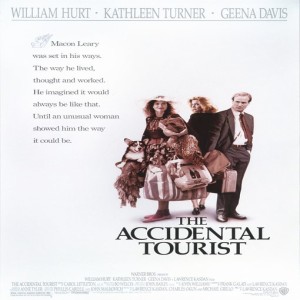
Saturday Feb 08, 2020
Episode 64 - The Accidental Tourist
Saturday Feb 08, 2020
Saturday Feb 08, 2020
After director Lawrence Kasdan was unable to agree on a musical style with composer Bruce Broughton, John Williams stepped in to write a delicate score that many John Williams fans often forget is part of his filmography. Using a theme for the main character, a travel guide writer dealing with major grief, that starts out quietly on piano and builds to an incredible finale, co-hosts Jeff Commings and Maurizio Caschetto note that it is one of his best cues for a finale in his storied career. Join the two as they examine the score in detail, including the two versions of the opening credits music used in the film.
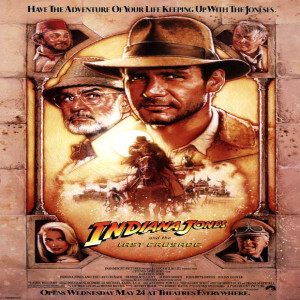
Wednesday Feb 12, 2020
Episode 65 - Indiana Jones and the Last Crusade
Wednesday Feb 12, 2020
Wednesday Feb 12, 2020
In what was believed to be the last film in the Indiana Jones saga, John Williams put together a quieter action score than what he wrote for the previous two films. "Indiana Jones and the Last Crusade" featured a new stately theme for the Holy Grail and a new action melody for Indy's heroics. But host Jeff Commings points to the 12-minute prologue featuring a younger Indiana Jones as the best scene in any Indy film, thanks to the multiple sync points that Williams successfully navigated with the orchestra. Learn more about this score, and the film that Williams had to turn down in order to work on the Indy music.
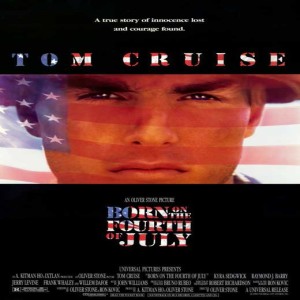
Wednesday Feb 19, 2020
Episode 66 - Born on the Fourth of July
Wednesday Feb 19, 2020
Wednesday Feb 19, 2020
John Williams' fifth foray into the war film genre was "Born on the Fourth of July," featuring a somewhat restrained score shortly after his work on "Indiana Jones and the Last Crusade." His score features two haunting themes, one for strings and another for the trumpet. Tim Morrison, the principal trumpet player for the Boston Pops at the time, made his film score debut with a gorgeous performance. Williams' score is one of many excellent aspects of this film, including Oliver Stone's direction and the career-defining performance by Tom Cruise.
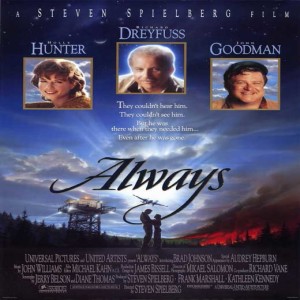
Wednesday Feb 26, 2020
Episode 67 - Always
Wednesday Feb 26, 2020
Wednesday Feb 26, 2020
Steven Spielberg dipped into the romance genre with "Always," a remake of the 1943 Spencer Tracy film "A Man Named Joe." It seems like Spielberg rushed this film through post-production to get it into theaters before the Patrick Swayze film "Ghost," which featured many similar plot points. The seemingly rushed post-production likely affected John Williams, who wrote a score that is hard to grasp and features very few trademark Williams touches. Host Jeff Commings analyzes the love theme for the two main characters and how it is developed throughout the film from its use on keyboards to a more lush orchestration in the finale.
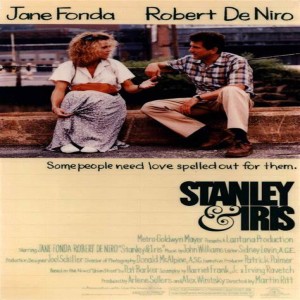
Wednesday Mar 04, 2020
Episode 68 - Stanley & Iris
Wednesday Mar 04, 2020
Wednesday Mar 04, 2020
John Williams had three film scores released in 1990, and each one presented different musical styles that continued to showcase Williams' ability to write music for any genre. He composed the score for "Stanley & Iris," his final collaboration with director Martin Ritt, in early 1989 after finishing work on "Indiana Jones and the Last Crusade." This score is almost the polar opposite of his work for Indiana Jones, presenting an often-innocent melody for Robert DeNiro's Stanley that has some musical connection to Luke's theme in "Star Wars" and a love theme that becomes the main thematic material for the score. Though the film was a box office failure, it gave Williams the opportunity to return to the subtle music he composed for Ritt in his pre-Golden Age days. Enjoy this examination of the score with host Jeff Commings, who wished Stanley's theme got more play and understands why Jane Fonda decided on a 15-year acting retirement after this film.
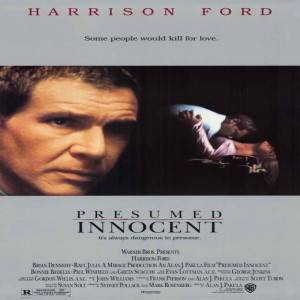
Wednesday Mar 11, 2020
Episode 69 - Presumed Innocent
Wednesday Mar 11, 2020
Wednesday Mar 11, 2020
"Presumed Innocent" was a hot commodity in Hollywood, with several studios putting up big bucks for the film rights. Alan J. Pakula and Frank Pierson fashioned a decent film adaptation from a novel seemingly difficult to translate to the big screen, and Harrison Ford does well to shed his Indiana Jones image ... with the help of a new hairdo. For those who have not seen the film, it might be best to watch it before listening to this episode, as host Jeff Commings gives away several major plot points in discussion of John Williams' score. Williams uses the piano for two pieces of thematic material that serve to waft over the atmosphere instead of serving act as leitmotifs for any of the characters.
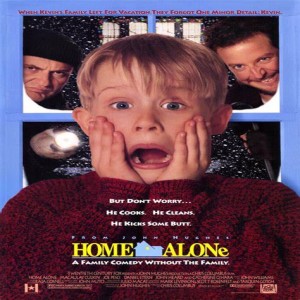
Wednesday Mar 18, 2020
Episode 70 - Home Alone
Wednesday Mar 18, 2020
Wednesday Mar 18, 2020
John Williams planned to take a break from film scoring in the second half of 1990 to work on a concerto, but fate brought a screening of the comedy "Home Alone," and Williams could not resist the film about a boy who protects his house from burglars after his family accidentally takes off for Paris without him. The Maestro came to the project after Bruce Broughton had to step away due to scheduling conflicts, marking the second time in two years that Williams replaced Broughton on a film project. Williams writes two themes for the film that became Christmas-themed songs, one of the melodies being used for the film's action sequences before converting to a song about the star that guided visitors to the manger where Jesus was born. Host Jeff Commings counts the score as his fifth-favorite, noting that there isn't a false note in the music and it doesn't resort to overdoing it on the comedy aspect of the film.

